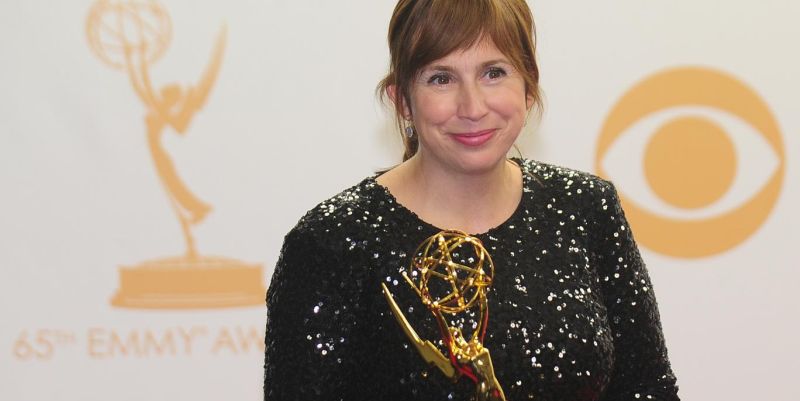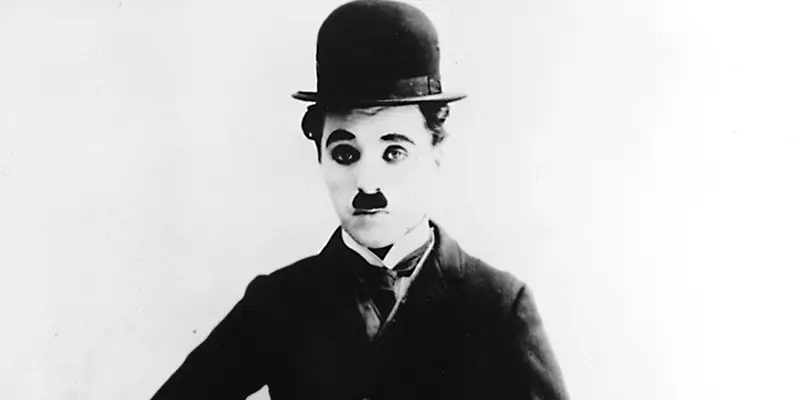Beginner’s Guide
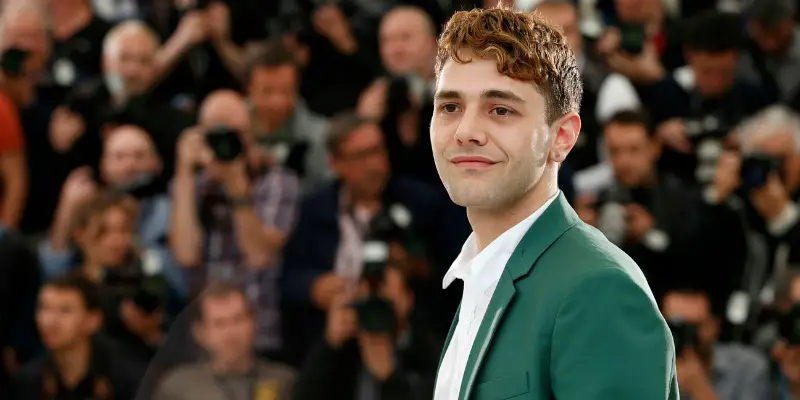
If you don’t keep up, the filmography of Québécois director Xavier Dolan could expand into an intimidating mass. He released five films between 2009 and 2014 and already has two more in the pipeline, additionally serving as writer, editor, actor, and costume designer for several of the projects. That output, along with other extraneous facts, like his young age, has drawn headlines that sadly take attention away from what is an expressive filmography.
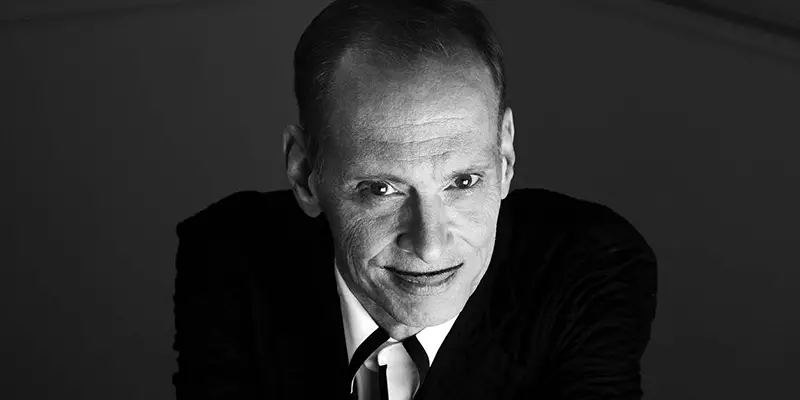
Rarely is a filmmaker as entrenched in infamy as John Waters. Born in Baltimore, Maryland in 1946, the king of counterculture became known in the 1970s for his creative collaborations with the equally infamous Divine and his gang of Dreamlanders. He began work as a director with a series of experimental short films including Hag In A Black Leather Jacket (1964) and the Andy Warhol-inspired Roman Candles (1966).
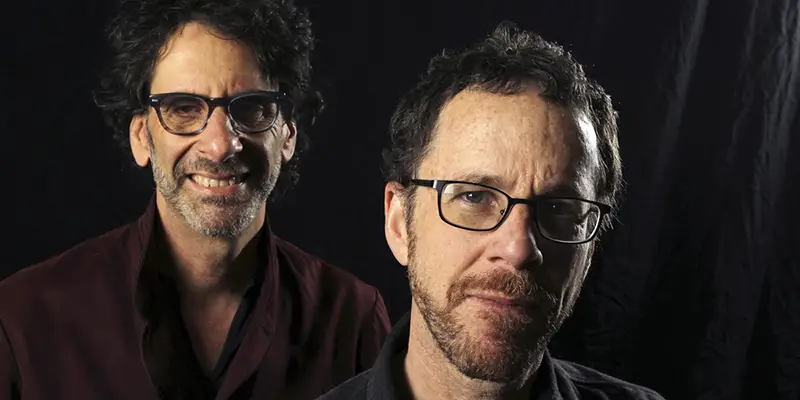
Since they first hit cinema screens in 1984, the Coen Brothers have had a firm grip on audiences and critics alike. Renowned for their idiosyncratic, high quality work, they have found themselves increasingly in demand with studios and actors, many of whom aim to make their next project a Coen Brothers film. They have written, directed and produced all of their own pictures, edited most of them, and have recently ventured into the ‘gun for hire’ realm of screenwriting, contributing to Steven Spielberg’s Bridge of Spies, Angelina Jolie’s Unbroken, Michael Hoffman’s Gambit, and George Clooney’s upcoming Suburbicon.
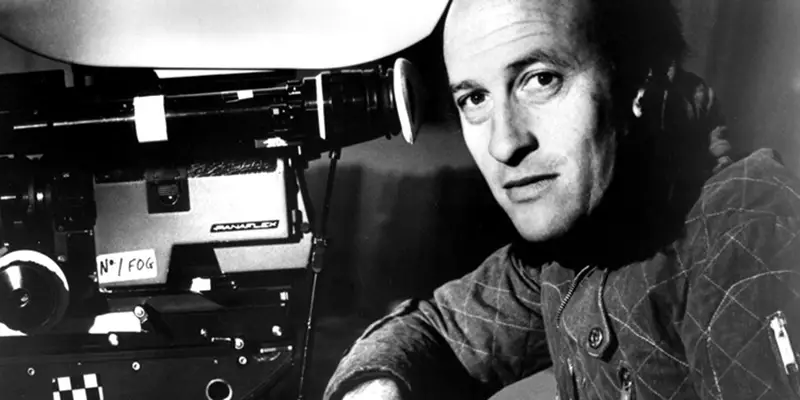
With Batman v Superman getting ready to take over the world, the previous incarnations of The Caped Crusader and The Man of Steel are trending once again. Some of the finest actors and directors in Hollywood have had dealings with these two superheroes over the years, but one such luminary, it seems, has never been forgiven for the way he treated the Son of Krypton 36 years ago. However, it really does need pointing out to some ardent Superfans that far from a being a hack director-for-hire, Superman II director Richard Lester is actually one of the most important names from the New Hollywood era.
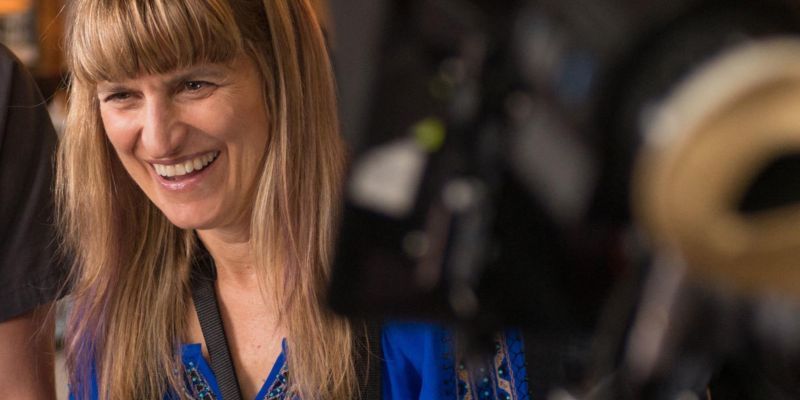
Catherine Hardwicke’s name may now be synonymous with a certain teen vampire movie, but her career has spanned a diverse and accomplished selection of films encompassing skateboarding SoCal teens, adolescent angst, fantasy action and moving comedy drama. Hardwicke is now also well-known for her work in raising the profile of both female filmmakers and highlighting the industry bias against them, an issue she has experienced first hand throughout her career and one on which she is not afraid to speak out. Whatever project she undertakes, her work is full of energy, vibrancy, and authenticity.
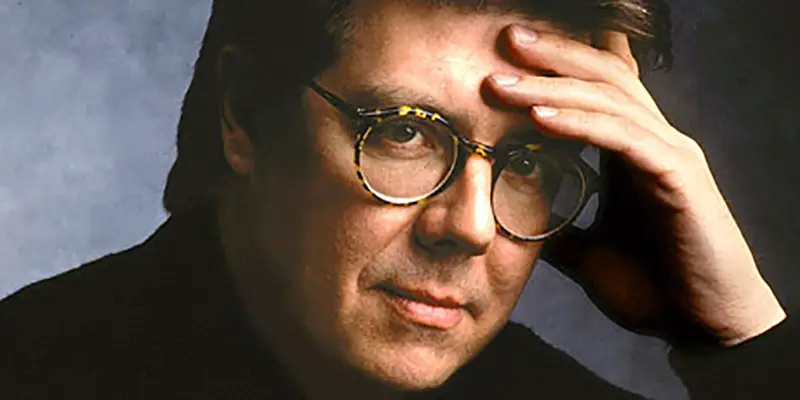
Accurately reflecting teenage experience in film is no mean feat, and there aren’t many filmmakers to achieve it like John Hughes. Born in Michigan in 1950, Hughes described himself as a “quiet kid” who loved The Beatles. Aged 12, he and his family moved to the Chicago suburb Northbrook in Illinois.
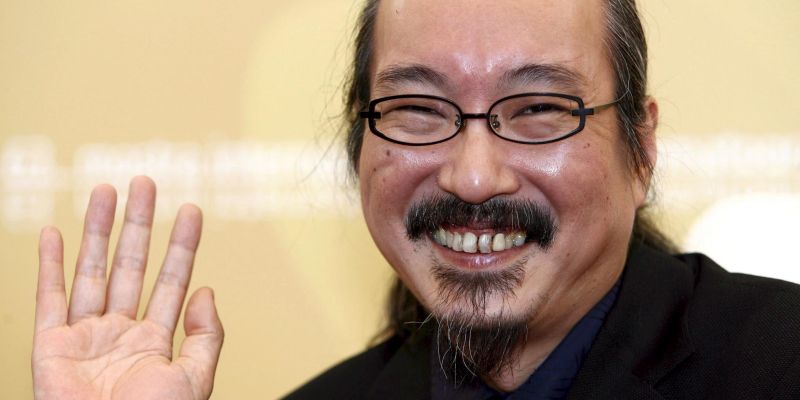
Among the animation giants of Disney and DreamWorks, it’s good to recognize directors who have perfected their craft outside the western sphere, and we’re not talking Hayao Miyazaki here (although he’s but a stone’s throw away). Satoshi Kon is a Japanese anime director known for his blending of fantasy and reality in his slickly edited films. In contrast to the magical animated realities of Studio Ghibli, Kon’s realities are completely grounded in the modern era, their subject matter rooted in the intertwining of identity and technology.

Since breaking out with Trainspotting 20 years ago, director Danny Boyle has proven himself to be one of the UK’s most diverse filmmakers. Growing up in Greater Manchester, UK, in a working class Irish Catholic family, Boyle spent eight years as a choir boy and intended to join the Priesthood, deciding against it at the age of 14. He went on to study English and Drama at Bangor University and began his career in theater in the 1980’s.

The independent film movement of the 1990’s allowed for a range of young, hungry filmmakers to move to a forefront which many directors nary got a chance to experience in the past. Yearning for voices which were “out of the box” in story, dialogue and acting, these indie flicks began to span beyond just arthouse cinema. Creatives didn’t always have to rely on big studio backing to get their projects off the ground.

It’s not often that you can say that someone is one of your favourite directors, but for a long time you didn’t even know their name or recognise that all the films you liked were theirs. Jeanie Finlay is a special case though, the documentarian who pushes you hard to look at the subject and never at themselves. Through her good working relationship with the BBC I and many of you in the UK have been watching her films without ever actually joining the dots and seeing that Finlay was the filmmaker behind them all.
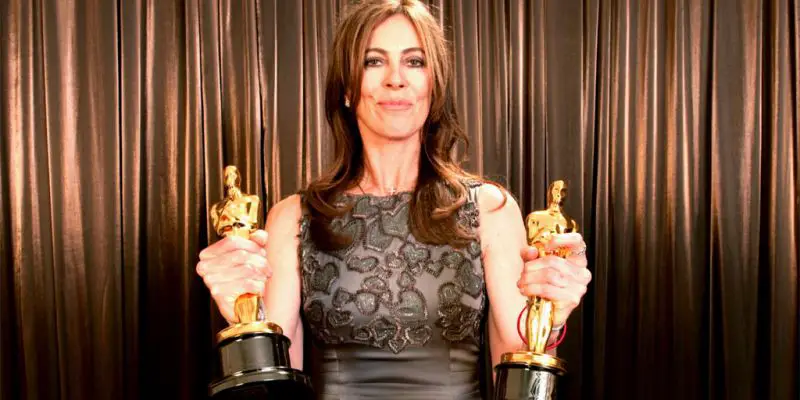
If people know one thing about Kathryn Bigelow, hopefully it is the fact that she became the first woman to win an Academy Award for directing The Hurt Locker. But the reality may be people know her because she directed Point Break or was married to director James Cameron. Most of her career, she has been pegged as a female action director, a label which diminished her influence and films.
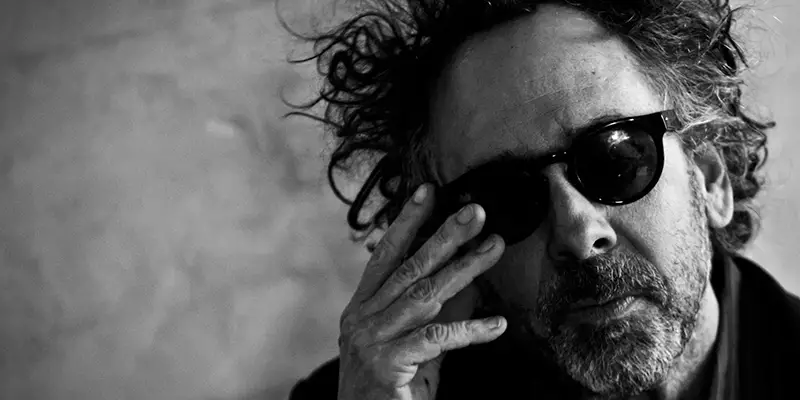
There are a number of directors that have distinguished their own unique imagination into Hollywood and reflected it on the big screen. Directors who are considered ‘auteurs’ have the creative ability to make feature films that are based on their own imagination, are part of their personalities, or which they find as a genuine interest. One such example is Tim Burton, the eccentric filmmaker who broke through as an animator and storyboard artist in the 1970s to progressively becoming one of cinema’s most recognised directors.

Delivering a much-needed scissor kick to action cinema, Gareth Evans is a director who already has had a major influence in mainstream action filmmaking. Born in Wales, he graduated from the University of South Wales with a Master of Arts in screenwriting. With this knowledge in tow, he directed the independently-budgeted kitchen sink-noir film Footsteps, which didn’t lead to much work.


